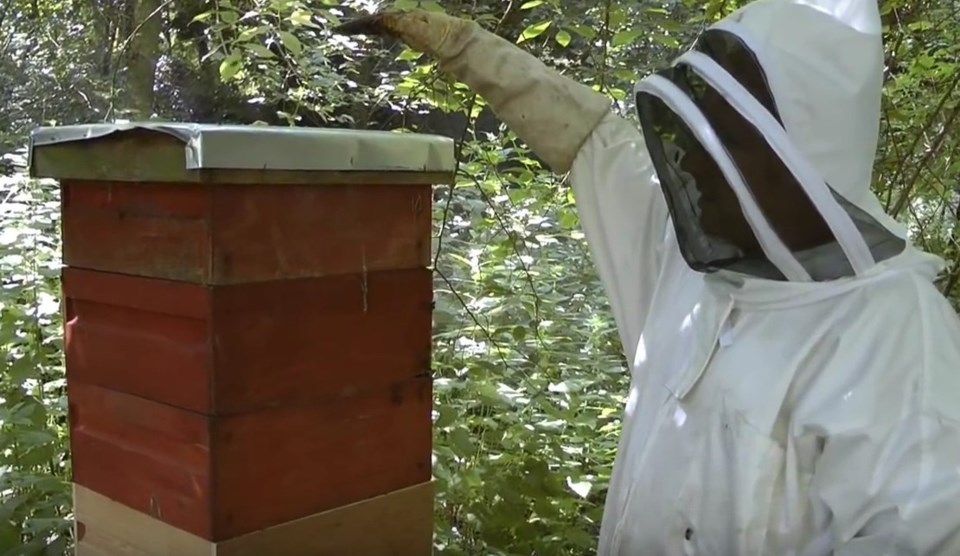Scientists are still researching the causes for the decline in bee populations over the last several years. The general consensus is that pesticides, fungicides, disease and a loss of habitat are all to blame. In fact, pyrethroids are mostly responsible for the decline in honey bees and other pollinators, but there is little evidence that links the pesticides directly to their decreasing population. When pyrethroids are used they dissolve in water and become part of the irrigation runoffs that get into nearby waterways, harming aquatic insects. Recently, reports have surfaced that scientists have solved the genetic changes required to kill crop pests, sparing beneficial insects. One study shows that changing the molecular structures of certain insecticides can spare the pollinators. The pyrethroids apparently target a protein found in nerve and muscle cells used for rapid electrical signaling. The pyrethroids cause the nervous system to become over-stimulated and the insect is killed. Thankfully, these pesticides don’t have the same effect on humans, or other mammals. They have found the single protein that would protect bees, similar to the way we are immune to pyrethroids.


